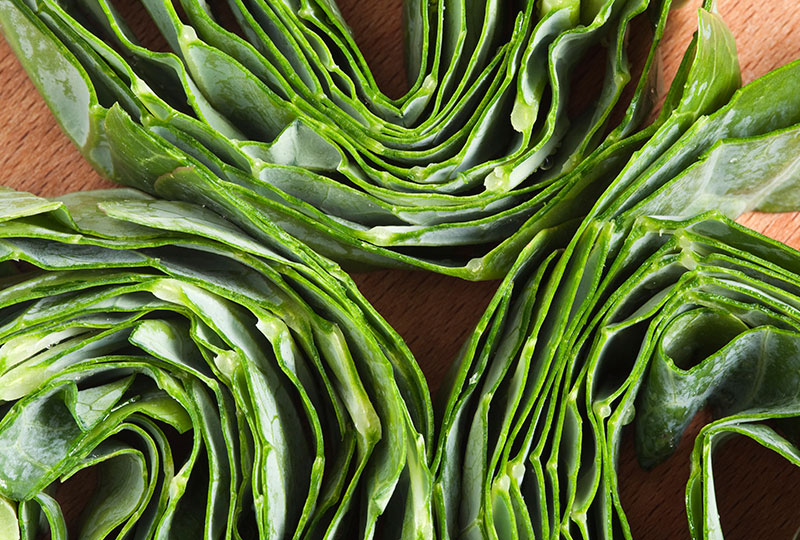Yes, you can eat plenty of seasonal vegetables, even before spring. Here’s how.
If you’re a veggie lover or someone who is trying to eat more produce, February can seem like drag. However, winter produce can be your secret weapon in the fight against winter weight gain.
“This is the time of year to get back to your roots … literally!” says Tammy Algood, a food columnist for The Tennessean and the marketing specialist for the Tennessee Department of Agriculture. “While young tender greens, fruits and vegetables are still weeks away, those that have a long shelf life are still available and provide plenty of opportunities to fill in the gaps while keeping meals interesting.”
We’ve compiled a list of winter produce harvested in the Mid-south in February, and made note of what to use frozen.
- Beets are high in vitamin C, potassium and folate. They taste great on top of greens and paired with a little goat cheese.
- Carrots offer beta carotene and plenty of fiber. Eat them raw or add to soups or stews.
- Collard greens are a Southern favorite year-round. In addition to vitamins, collards contain chlorophyll, which has been shown to block some carcinogenic effects. Add to salads or casseroles or use on a sandwich instead of boring lettuce.
- Fennel packs a nice vitamin and mineral punch. Plus it adds a whopping dose of flavor. Enjoy shaved on salads or with the bulbs roasted and topped with melted feta cheese.
- Kohlrabi is a strange-sounding and strange-looking veggie, but it contains health-promoting phytochemicals. Shave the bulb into a slaw or add the chunks into a creamy-pureed soup. The leaves/greens can be eaten too!
- Leeks are high in vitamin K, manganese and copper. Make potato-leek soup to pair well with any main dish on a cold night.
- Sweet potatoes are another good source of beta carotene. Eat baked or boil down until mushy to create a healthy base for a stew.
- Turnip greens are more nutritious than the bulb, but you can incorporate both into your diet.
- Winter squash varieties, like acorn, spaghetti and butternut, have anti-inflammatory properties. Use spaghetti squash as a pasta and turn butternut into a creamy soup.
What about frozen?
You can also save money this time of year by loading up in the frozen vegetable aisle. “I would reach for frozen spinach and steamable items that do not have added sauces, such as edamame and corn,” Algood suggests.
Now what to cook with these veggies? We have plenty of recipes!

